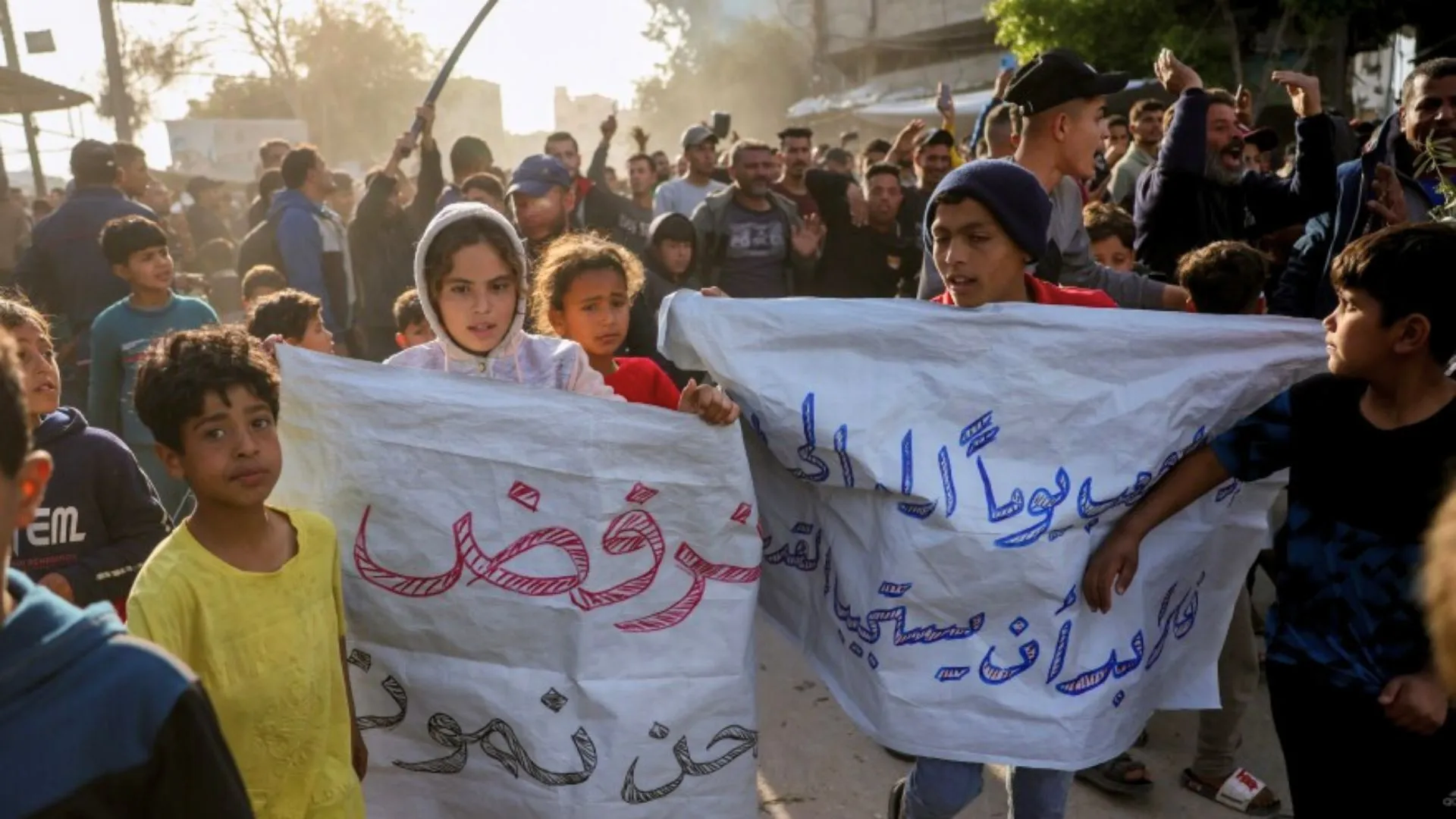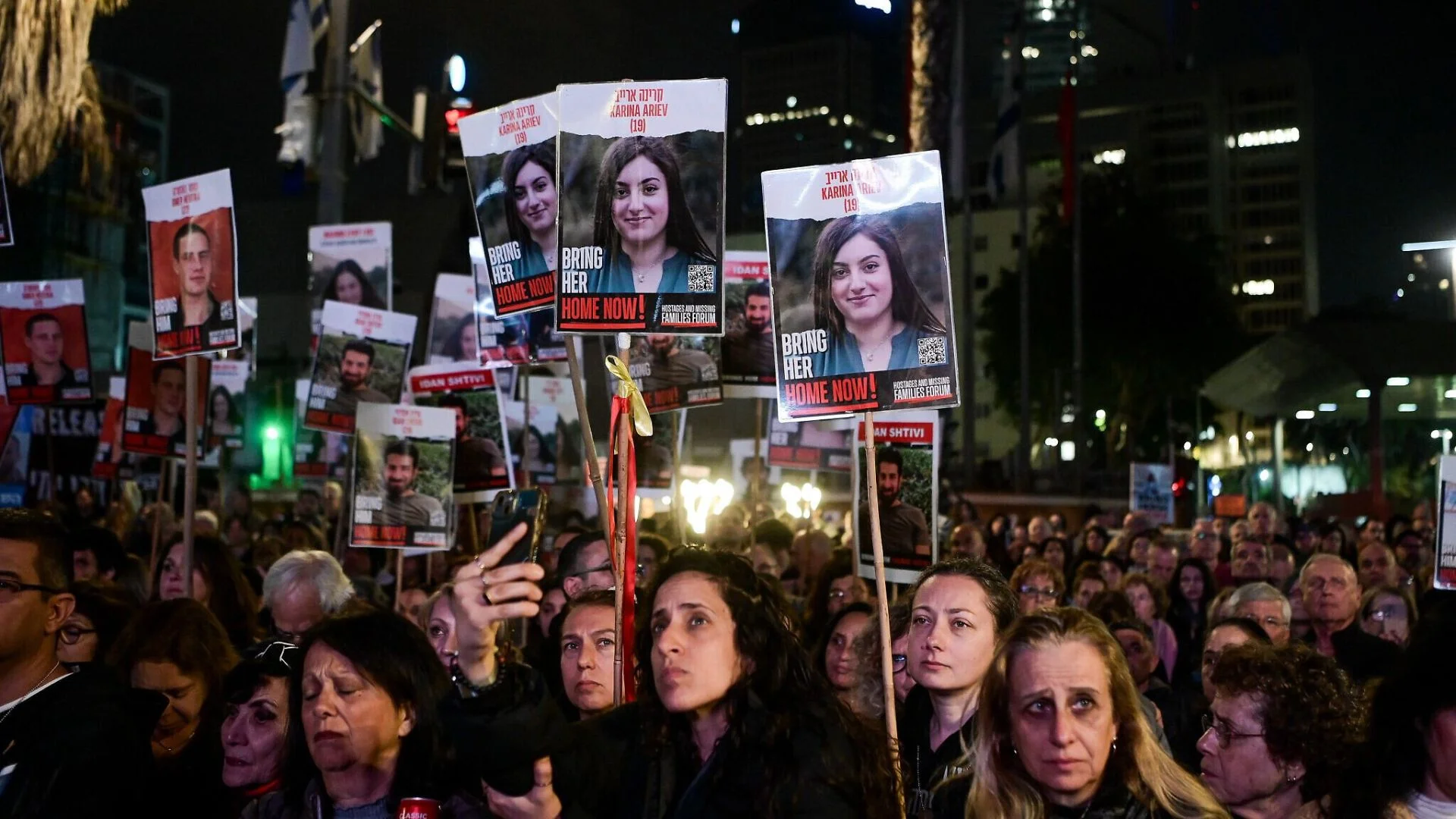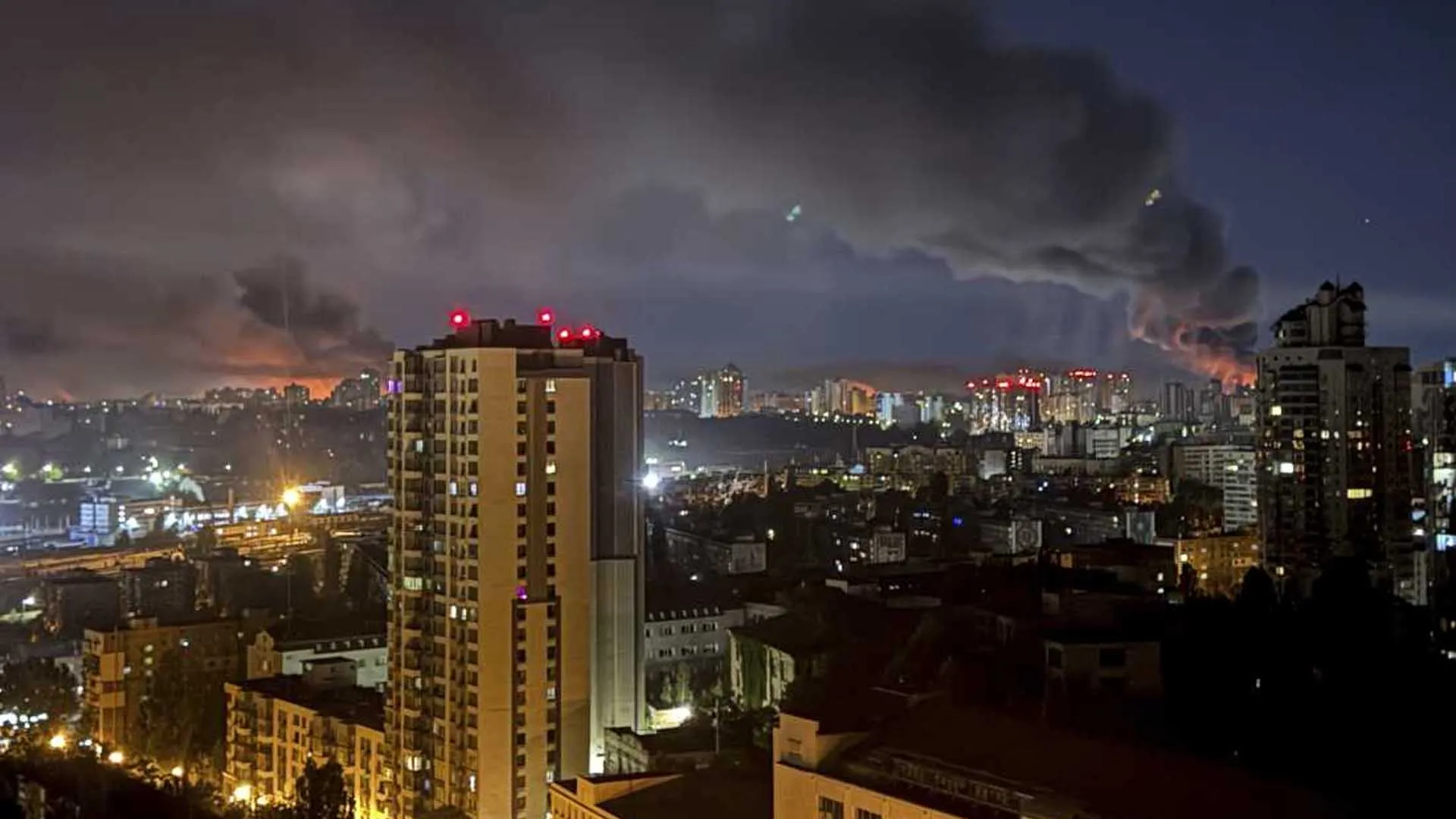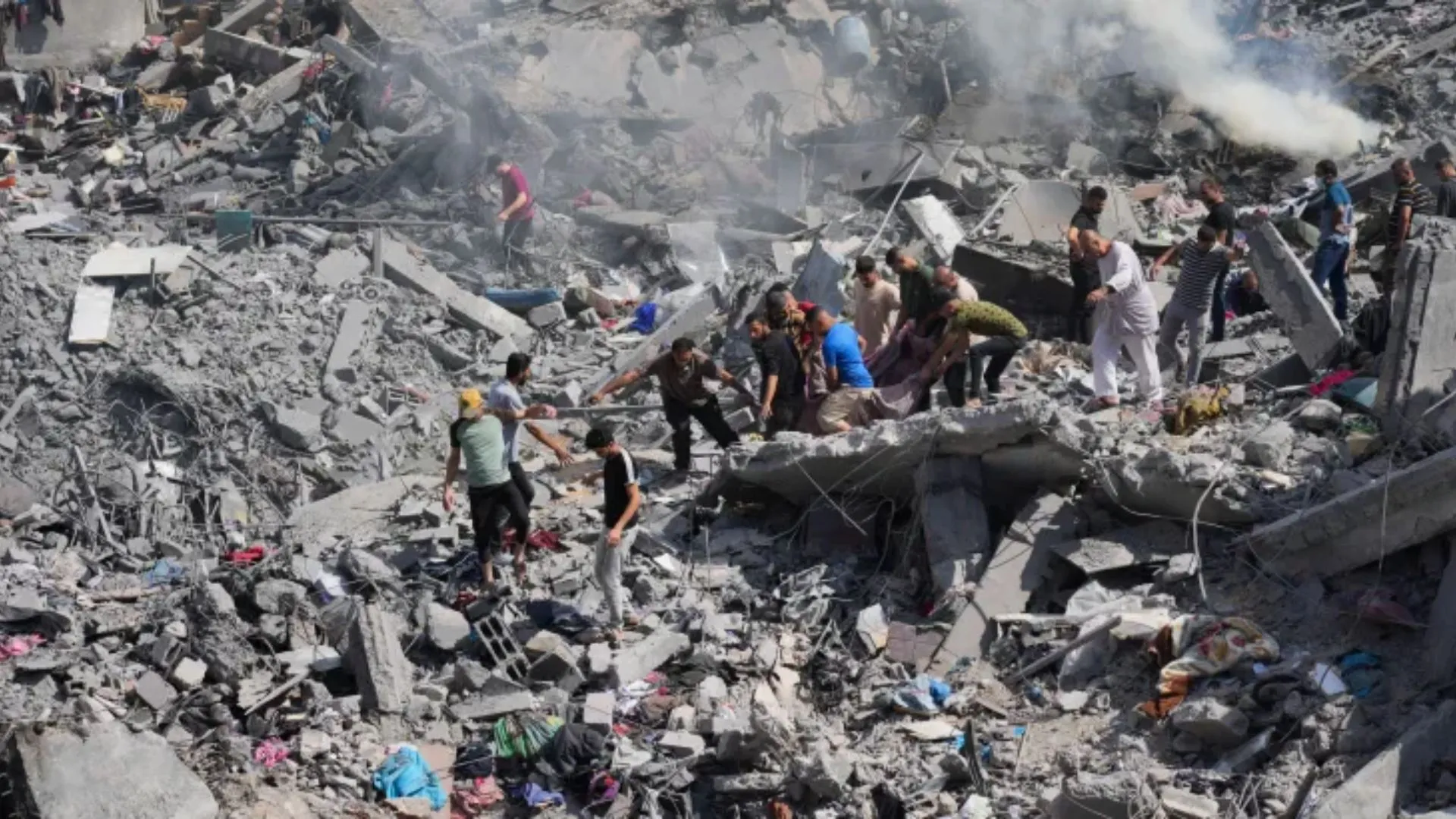The war between Israel and Hamas continues to develop with Hamas providing a possible breakthrough by saying that it would release all the remaining Israeli hostages. This would be in return for Palestinian detainees and a ceasefire of the continuing war in Gaza.
Although this action appears to mark the end of hostilities, major impediments remain. Hamas has refused Israel’s call to disarm and rejected an offer for a temporary ceasefire agreement. Meanwhile, Israel is not leaving Gaza anytime soon, raising the stakes for both parties.
Hamas Offers to Release Hostages
The latest in the conflict between Israel and Hamas has offered some optimism that a ceasefire will be possible. Hamas has said it would release all Israeli hostages in return for Palestinian prisoners. The offer is not unconditional, however. The Palestinian organization has categorically denied any demand that it disarm. Hamas insists that such demands are politically motivated and part of Israel’s overall agenda.
Even with this gesture, Israel has insisted it will not be part of ceasefire negotiations as long as Hamas is in control of Gaza. The terms of peace are extremely contentious, with each side presenting radically different proposals.
Israel Reopens Military Campaign, Denies Humanitarian Supplies
Israel has been little willing to concede. With the lapse of a temporary ceasefire, Israel resumed air and land attacks throughout Gaza. Earlier this year, Israel launched a stepped-up attack, targeting hospitals and other locations, taking heavy civilian casualties. Furthermore, Israel finished building a new security corridor around Rafah, the symbol of its long-term involvement in Gaza. Israel has indicated that it intends to keep its military presence in Gaza, with no end date signaled.
One major step taken by Israel has been blocking humanitarian supplies from Gaza. Defense Minister Israel Katz clarified that this action forms part of the strategy by Israel to pressure Hamas. Preventing aid from arriving for civilians aims to weaken the grip Hamas has on the populace. The blockade has aggravated the humanitarian situation in Gaza, where many of the residents are now living in misery.
Hamas Rejects Disarmament
One of the main points of contention in any future peace deal is Israel’s insistence that Hamas disarm as soon as the war is over. Hamas has categorically refused this requirement. Hamas’s lead negotiator, Khalil al-Hayya, says the disarmament requirement is a pretext for Israel’s wider political agenda.
Disarming, Hamas believes, amounts to relinquishing its right to resist occupation and is part of a plan to undermine Palestinian resistance movements.
Israel’s Long-Term Plans for Occupation in Gaza
The Israeli military, according to Israel’s Defense Minister Israel Katz, is not preparing to retreat from cleared locations in Gaza. Instead, Israel is planning on retaining security zones, which will act as barriers between Israeli cities and Hamas areas.
Katz’s statements indicate that Israel is heading for a long-term military engagement in Gaza, akin to that in Lebanon and Syria. This means that the Israeli army will continue to be dug in within Gaza forever, making it hard to achieve a lasting peace deal.
Endless War or Path to Peace?
The conflict between Israel and Hamas still presents major challenges to both parties. Hamas’s readiness to free hostages can be a silver lining, but the refusal to disarm and Israel’s continued military activities mean that peace is far from being achieved.
Israel’s participation in Gaza appears likely to continue, and the region appears set to be trapped in an endless cycle of war and bargaining. The global community will need to watch developments closely, since the crisis in Gaza is still one of the world’s most acute humanitarian emergencies.























